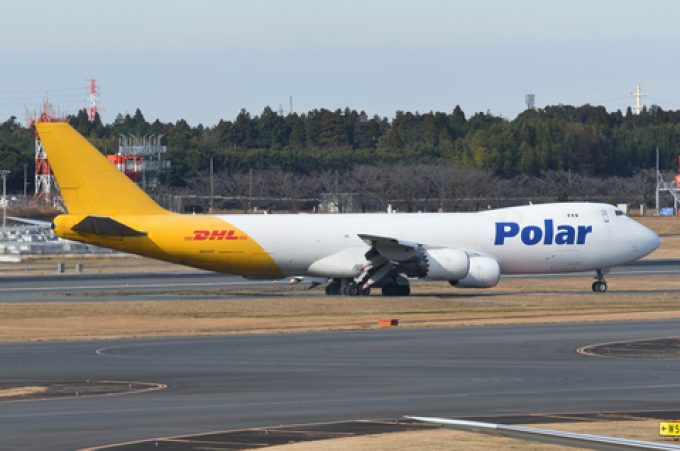Volcanic disruption at Anchorage could hit transpacific airfreight operations
Ted Stevens Anchorage International Airport (ANC) and its users are bracing for disruption that could ...

Polar Air Cargo has framed itself as the victim of embezzlement in a case where it has already admitted its management received illicit payments.
The case will no doubt raise questions over shareholders Atlas Air and DHL’s oversight of the company.
The case involves forwarder Cargo on Demand (COD), which claimed that, in order to retain its BSA deal, it had “been forced to pay consulting fees” of nearly $4m over seven years to the private accounts or companies of six Polar executives.
The forwarder ...
Asia-USEC shippers to lose 42% capacity in a surge of blanked sailings
USTR fees will lead to 'complete destabilisation' of container shipping alliances
New USTR port fees threaten shipping and global supply chains, says Cosco
Outlook for container shipping 'more uncertain now than at the onset of Covid'
Transpac container service closures mount
DHL Express suspends non-de minimis B2C parcels to US consumers
Zim ordered to pay Samsung $3.7m for 'wrongful' D&D charges
Flexport lawsuit an 'undifferentiated mass of gibberish', claims Freightmate

Comment on this article